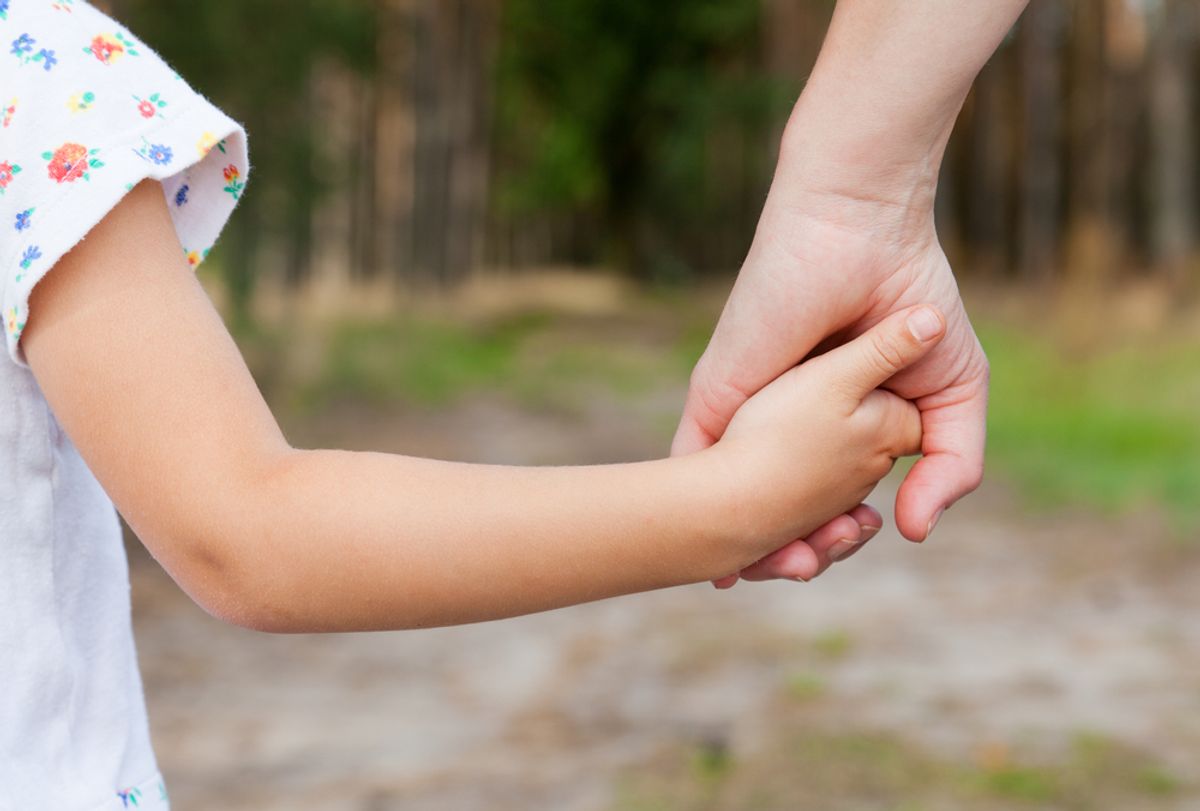Kim Brooks has been outspoken about the troubles of policing parenting. She experienced the trauma it can cause firsthand, when she was arrested for leaving her four-year-old son in the car while she ran into the store. Since then, Brooks has published essays chronicling other parents' experiences of being penalized for how they choose to raise their children, and she has aligned herself with groups that advocate "free range" parenting.
But that sort of organized advocacy for a particular parenting ideal might be part of the problem, Brooks asserts in a new essay for BuzzFeed. The writer explains why she's decided to step back from some of the philosophies on behalf of which she's spoken, and is instead trying to pursue a more individualized approach to raising her own kids:
Parenting consumes us, even when we’re not around our kids. It has become more political than politics, maybe because nothing could be more personal. Our feelings about how to best raise children is woven into the fiber of our deepest convictions. And this, I think, is what bothers me so much about being a parent — the certainty and smugness that surrounds it all, the lack of humility or skepticism, the lack of curiosity about how other people might do it, the lack of appreciation of what an incredible luxury it is to have any opinion at all about “parenting,” much less a unified parenting philosophy. [...]
So while I support the people and the ideas behind free-range parenting, I do not love the term itself. In fact, it troubles me. At one level it troubles me the same way helicopter parenting troubles me, or attachment parenting, or authoritative parenting, or any other “style” of “parenting” that bears a name. It is fine to adhere to a philosophy that provides definition or parameters or focus for how you manage a process that is abject and unceasing chaos. We could all use a hand, in whatever form. By naming your particular philosophy, though, you only further turn your role as a parent into a mode of self-branding. It’s a visible identifier; it’s not all that different than wearing the jersey of your favorite sports team. I don’t understand, and in fact resent, that kind of tribalism that can infect the communal experience of creating and nurturing a human being.
Brooks also describes how the one parenting behavior that seems most closely scrutinized, and for which she herself was demonized and arrested -- leaving kids alone -- is the one thing her own parents did that she appreciated most. And, she writes, she knows several other parents who feel the same way.
"Essentially ... what my friends and father and husband echoed, was that many of my most joyful memories involved these moments of sudden independence when the world opened up, when I felt myself alone and awake in it," Brooks writes. "I knew my parents’ love most acutely in these moments of expanding distance, of letting go."
Read the rest of Brooks' essay at BuzzFeed.

Shares